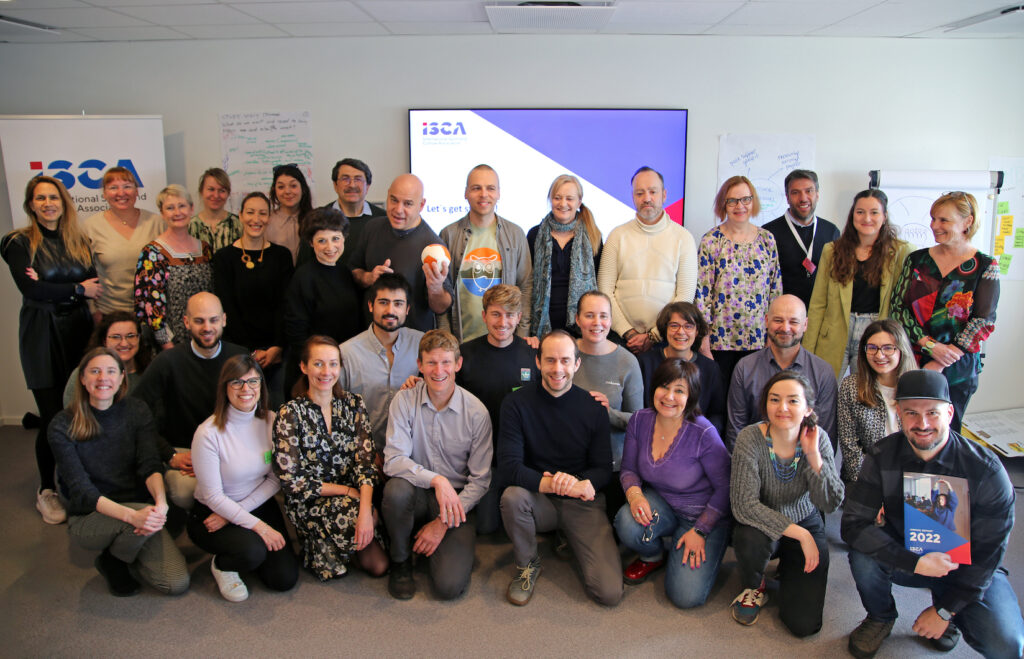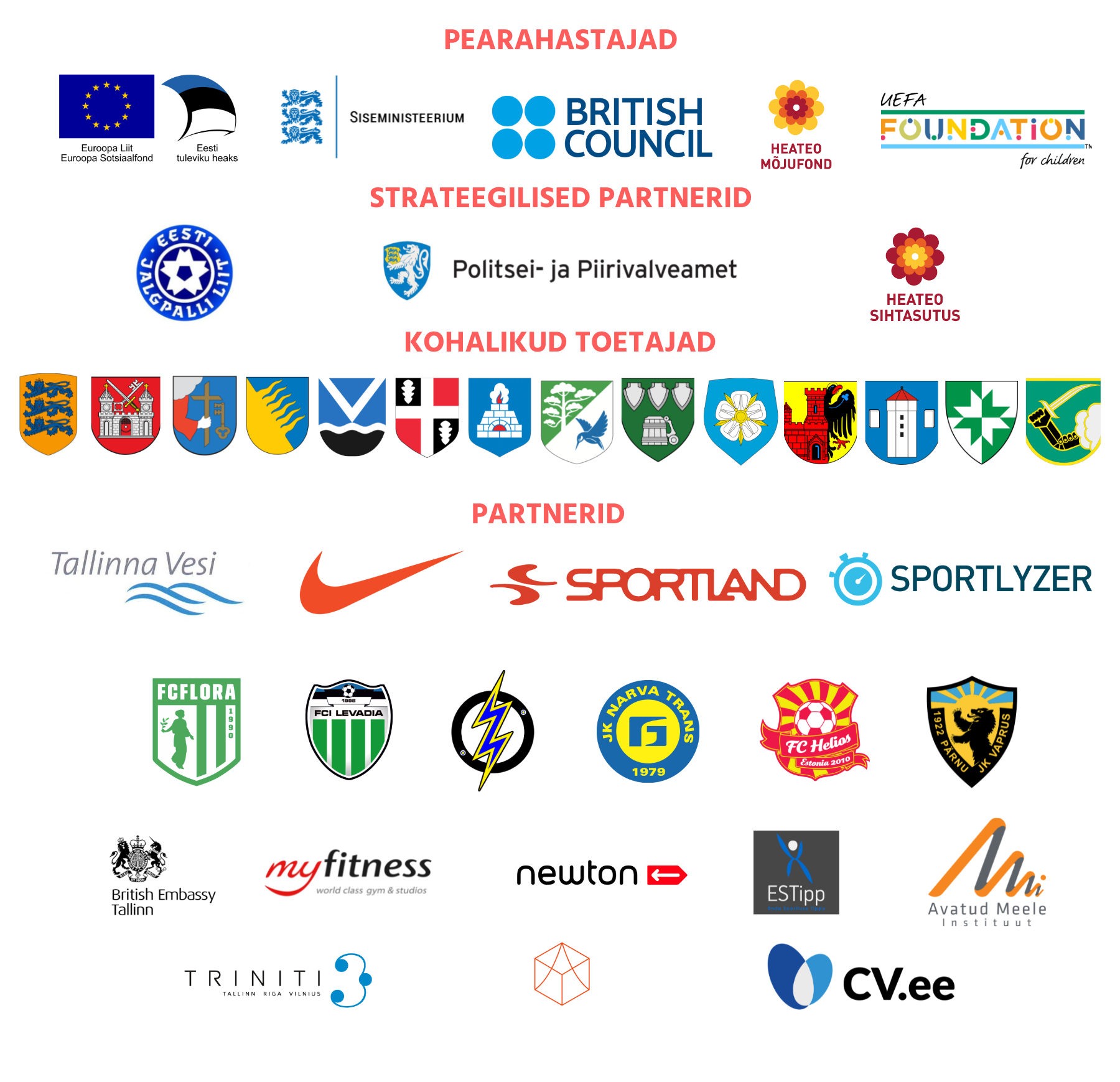Icehearts Europe
SPIN-programme is participating in the project “Icehearts Europe” led by the International Sport and Culture Association (ISCA). The aim of this project is to promote the mental health and well-being of disadvantaged young people in Europe, based on the Finnish Icehearts model. Five countries – Estonia, Slovenia, Denmark, Spain, and Italy – will pilot, over the next 3 years, how to adapt the Finnish model to their country/organization’s needs and implement an enhanced model. Most of the piloting countries have already worked directly with disadvantaged youth, using sports as a means to enhance social inclusion.
What is the Finnish IceHearts model? Children are selected and invited to the program at the age of 6 in collaboration with preschools, schools, and social service professionals. The youth remain in the program until the age of 18. Mentors provide support to the youth, and their work can generally be divided into four parts:
- Schoolwork: Mentors are an additional resource for the school, supporting both the target group of youth and, if needed, the entire class. After school, mentors help children with their homework and organize afternoon activities.
- Team sports: Sporting activities are chosen in collaboration with the mentor and the children. A wide range of sports are tested depending on local opportunities. Through non-formal education, children spend time together, participating in sports, practicing, and playing.
- Individual support: Mentors work one-on-one with children when necessary. Often, the best approach is simply having unhurried conversations while listening to the child.
- Social work/family support: Mentors assist the children and their families by supporting them in resolving everyday problems. If needed, mentors participate in meetings related to the child’s well-being. Mentors collaborate closely with social, health, and education specialists.
Specific objectives, and their related activities, are
1) To build a model and tools for European implementation of Icehearts
a. Review and refinement/description of Icehearts Concept
b. Development of European Icehearts implementation manual
c. Development of Icehearts Mentor online training tool
2) To build capacity in partner and stakeholder organisations to deploy Icehearts
a. Development of curriculum and 5-module online learning course for Icehearts implementation
b. Deployment of national stakeholder and partner-building workshops
c. Study visits to Finnish Icehearts HQ and local implementation sites
3) To pilot implement the developed Icehearts model in 5 European countries
a. Situation Analysis and Needs Assessment in each pilot country
b. Development of final national implementation plan and partner group
c. Training of Icehearts Mentors and recruitment of youth participants
d. Pilot activities (social support, sport activities, school assistance, summer camps etc)
4) To enhance European awareness about Icehearts and engage more countries and organisations in deployment and scaleout
a. Production and translation of Icehearts online and offline marketing and campaign materials, web site, articles and blog posts
b. First European Icehearts conference, establishment of Icehearts Next Adopters Group
c. Delivery of the synchronous online learning course for 80 new stakeholders, dedicated capacity-building workshops in 7 additional countries, and 3 study visits to Finnish Icehearts
d. Delivery of Final Icehearts event in connection to MOVE Congress 2025 (Icehearts policy debates, expert exchanges, masterclass, peer-learning workshops)
Key information:
Project period: January 2023-December 2025
Co-funded by: EU4H-2022 Programme
Grant amount: €4,000,000
Project Manager: Saska Benedicic Tomat, ISCA Head of Projects
Full project partners: ISCA, Icehearts (Finland), EuroHealthNet (Belgium), Finnish Institute for Health and Welfare (THL) (Finland), University of Cassino and Southern Lazio (UNICAS) (Italy), University College of Cork (Ireland), the Italian Institute of Public Health (ISS) (Italy), DGI (Denmark), SPIN (Estonia), Fútbol Más Espana (Spain), UISP (Italy) and Sports Union of Slovenia.
Associated partners (invited, TBC): UFOLEP (France), V4Sport (Poland), BG Be Active (Bulgaria), Viken Idrettskrets (Norway), JOGG (the Netherlands), Deutscher Turner-Bund/Deutscher Turner-Jugend (Germany), SOKOL (Czech Republic), Health Life Academy (Croatia), UMFI (Iceland), Latvian Sports Federation Council (Latvia), NEMUNAS (Lithuania), MOVE Malta, Institute for Sport and Youth (IDPJ) (Portugal) and Association Sport for all Suceava (Romania).


